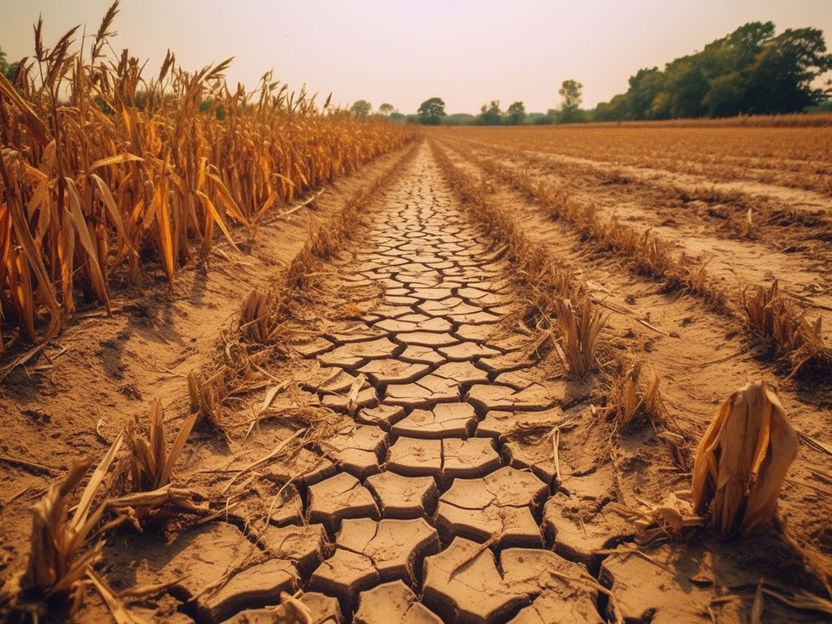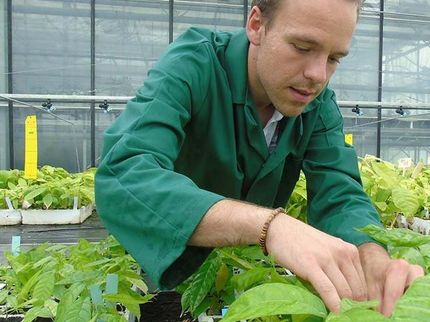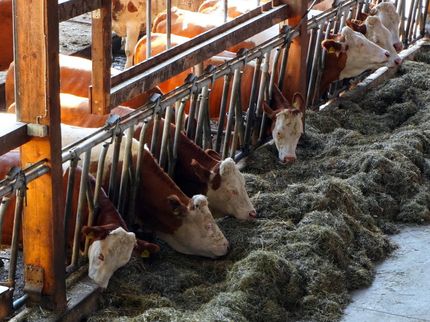No food cultivation on broken soils
Nestlé, Unilever and IKEA with urgent appeal to EU parliamentarians among supporters for EU law to restore nature
More than 60 of Europe's largest food, industrial, financial and energy companies, including Nestlé, Unilever and IKEA, are speaking out for business interests to save the Nature Conservation Act. The European Parliament's ENVI Committee (Committee on Environment, Public Health and Food Safety) will vote on this controversial law on June 15, 2023.

Computer generated picture
Nestlé, Danone, Bel, Rémy Cointreau and SPAR are among 39 companies that have signed a statement calling for "urgent adoption of the ambitious and legally binding EU nature restoration law to "bring nature back to Europe."
At the same time, another 29 corporations, including Unilever and IKEA, warn in an open letter that "companies and financial institutions are dependent on nature and must accordingly commit to restoring and conserving nature and actively participate in the transformation to a nature-compatible economy. The actions needed to achieve this at the required pace could only succeed if ambitious environmental policies create appropriate frameworks, changing economic, fiscal and legislative systems."
Bart Vandewaetere, VP ESG Engagement, Nestlé Europe, said:
"When nature is under pressure, so are our food systems. For example, rising temperatures will reduce the area suitable for coffee cultivation by up to 50 percent by 2050 if we don't intervene. Nature restoration and food security are interdependent - we rely on nature to produce our raw materials."
"Implementing the EU Nature Conservation Act could accelerate the transition to regenerative agriculture in Europe and create benefits for farmers, their livelihoods and the environment by improving soil quality, restoring water cycles and enhancing biodiversity. The passage of this law must ensure that more resources are available to farmers to help them restore nature in their daily work," the Nestlé spokesperson continues.
The Nature Restoration Act calls for restoration activities to be carried out on at least 20 percent of the EU's land and marine areas by 2030, and for all ecosystems in need of restoration to be repaired by 2050, ensuring long-term sustainable regeneration and the resilience of biodiversity and nature. Biodiversity plays a key role in food security, ensuring that crops are more resistant to disease, pest infestation and climate change.
Nestlé & Co. side by side with scientists and farmers
In making their demands, the companies join farmers, hunters and scientists who warn of the economic consequences if the Nature Restoration Act is not implemented. It would be the first Europe-wide law to give national governments legally binding targets for restoring degraded ecosystems. Currently, the EPP is expected to reject the law after the group walked out of negotiations on May 30.
Ernest Mas, fruit grower from Tarragona, Spain, said:
"There are many people who think that sustainability costs money. We should also think about whether it costs us money to be unsustainable. We have to produce, we have to feed people, but we have to do it in a way where we don't checkmate nature."
Sabien Leemans, Senior Biodiversity Policy Officer, WWF European Policy Office:
"Progressive businesses join a long list of stakeholders calling for strong nature restoration legislation, including citizens, NGOs, the scientific community and other business networks. Members of the European Parliament and EU member states must listen to these demands and enact legislation that Europe desperately needs and that is appropriate for addressing nature and climate crises. Despite shameful attempts to portray nature restoration as the enemy of farmers, fishermen or renewable energy development, this demand is a reminder that we all need resilient ecosystems for our economic activity, health and the continuation of this planet."
While corporations, businesses, farmers and activists band together to explain why the bottom line is green, opponents of the center-right bill face accusations of harming the economy as well as the environment.
Note: This article has been translated using a computer system without human intervention. LUMITOS offers these automatic translations to present a wider range of current news. Since this article has been translated with automatic translation, it is possible that it contains errors in vocabulary, syntax or grammar. The original article in German can be found here.
Other news from the department business & finance
Most read news
More news from our other portals
See the theme worlds for related content
Topic world Food safety
Food safety is at the heart of the food and beverage industry. It ensures that the food we eat every day is not only nutritious, but also free of harmful contaminants. From field to plate, the industry monitors and regulates every step of the process with strict quality controls, advanced testing methods and continuous research.

Topic world Food safety
Food safety is at the heart of the food and beverage industry. It ensures that the food we eat every day is not only nutritious, but also free of harmful contaminants. From field to plate, the industry monitors and regulates every step of the process with strict quality controls, advanced testing methods and continuous research.
































































